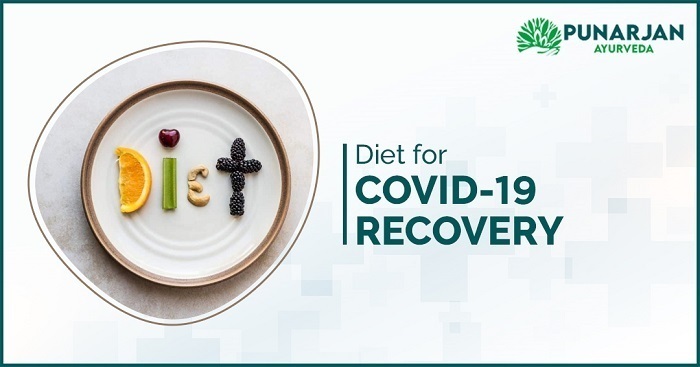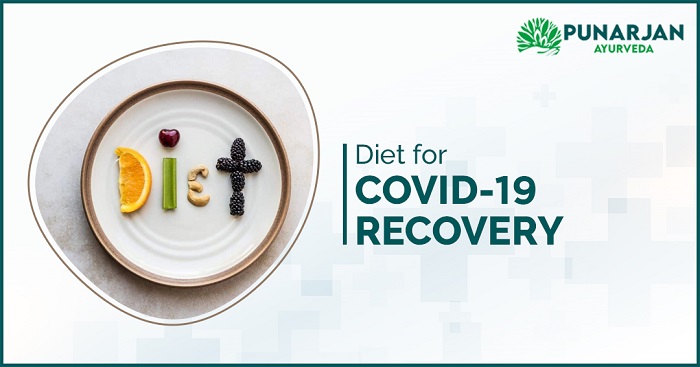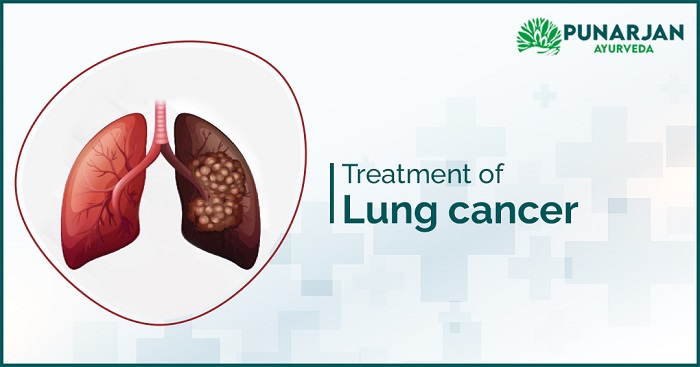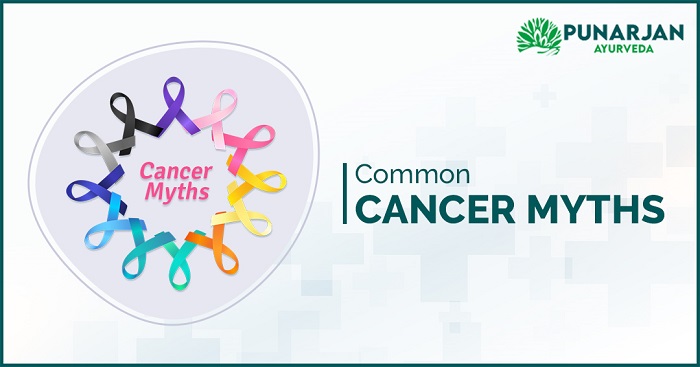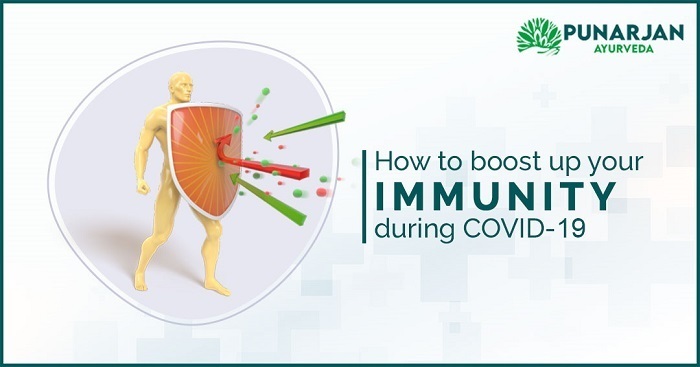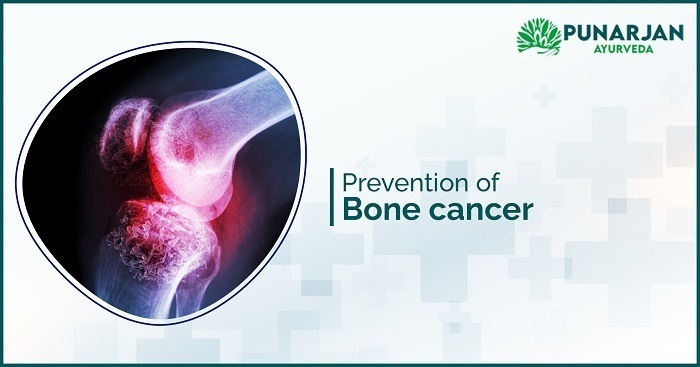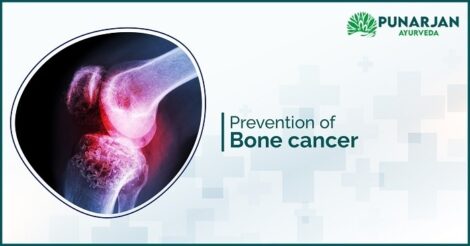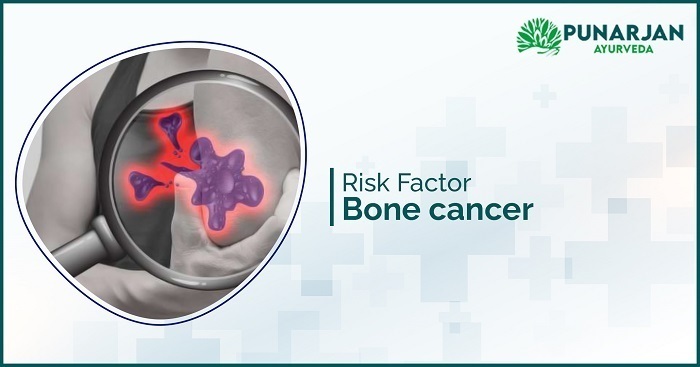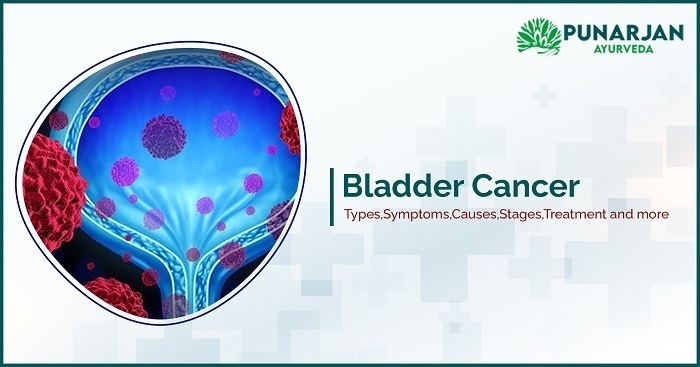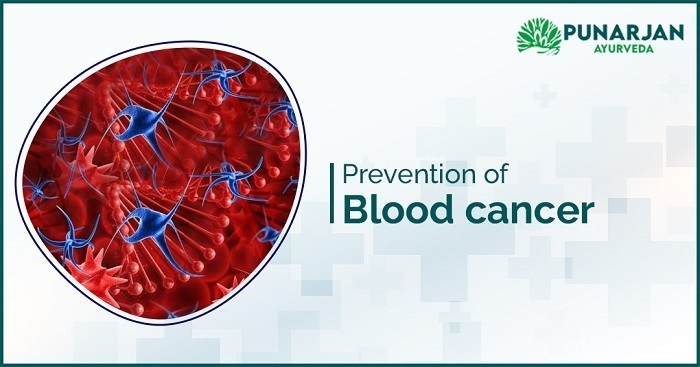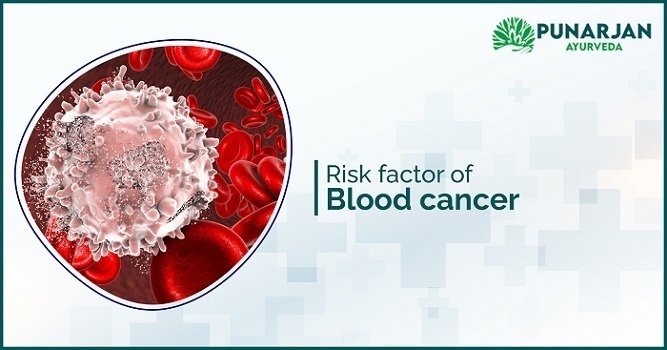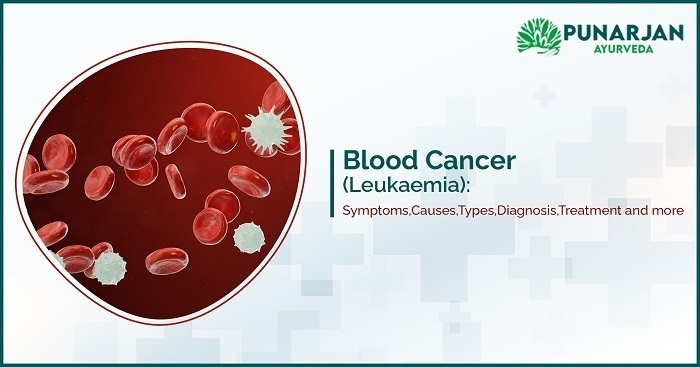
Introduction to Blood Cancer:
Leukemia is known as abnormal white blood cell growth in the blood and bone marrow. The 11th most prevalent cancer worldwide is leukemia. Leukemia, which signifies under the heading of Raktarbud, is not a new Ayurveda disease. The first causative factor for abnormal cancer cell development, like leukemia, is the mutation of any carcinogens.
Blood is cancer (which produces blood cells in the body). A person with Leukaemia suffers from irregular blood cell development, usually leukocytes (white blood cells). Leukemia is categorized as myeloid and lymphoid based on the mainly involved cell types and as acute and chronic based on its natural history.
Firstly, the effective forms are CML (Chronic Myeloid Leukaemia), CLL (Chronic Lymphoblastic/Lymphocytic Leukaemia), and AML (Acute Myeloid Leukaemia), ALL (Acute Lymphoblastic/Lymphocytic Leukaemia).14.1 million people in the world are diagnosed with cancer.
Hairy cell leukemia (HCL) is a rare variant of lymphoid neoplasia.
According to the World Health Organization, by the year 2020, cancer deaths are expected to increase by 104% worldwide. However, cancer has caused an estimated 600,000-700,000 deaths in India. With about 352,000 new cases diagnosed in 2012[2% of the total], Leukaemia is the 11th most prevalent cancer worldwide. It estimates that there will be 52,380 new leukemia cases and an estimated 52,380 new Leukemia cases in 2014.
What is Blood Cancer?
Leukemia (blood cancer) is cancer that primarily affects white blood cells in blood cells. The blood potion that gives the body energy to fight infections is white blood cells. When a person has Leukemia, DNA mutation occurs and produces many immature white cells, called Blasts. Accordingly, leukemia affects the multiple cell types in the blood and is classifies into different types: acute myeloid Leukemia (AML), chronic lymphocytic leukemia (CLL), and Leukemia of hair cells (HCL).
Leukemia is a category of disorders described by malignant blood-forming cell transformation. Leukemic cell proliferation takes place mainly in the bone marrow and, in some cases, in the lymphoid tissue. Ultimately, irregular cells arise in the peripheral blood, increasing the total number of white cells to a high level.
What are the types of Blood Cancer?
Leukemia is a problem that occurs in a lot of white blood cells being unable to combat infections in a generation. The disease is categorized into four forms depending on the type of white blood cell it affects and whether it progresses rapidly (acute) or gradually (chronic).
Acute Lymphoblastic Leukaemia (ALL):
A type of blood cancer often referred to as Acute Lymphoblastic Leukaemia and Acute Lymphocytic Leukemia is Acute Lymphoblastic Leukaemia (ALL). In the White Blood Cells (WBCs), located in the bone marrow, their origins lie. Though primarily a blood cancer, ALL can spread to other organs such as the liver, the lymph nodes, and the spleen. While ALL is the least common form of adult-affected cancer, it is substantially more prevalent among children.
Acute Myeloid Leukaemia (AML):
Is it blood and marrow cancer that generally spreads to white blood cells, red blood cells, and platelets? It is the most prevalent form of acute leukemia in adults and commonly affects people over 65 years of age and is more prevalent in men than in women. AML cells build up in the bone marrow and blood, so there is less space for white blood cells, red blood cells, and platelets to build up. It results in infections, low levels of hemoglobin, and heavy bleeding leukemia cells may spread to other areas of the body, including the brain, spinal cord, skin, and gums.
Chronic lymphocytic leukemia (CLL):
In adults, this is the most common form of leukemia. It begins with the lymphocytes in the bone marrow, like everything, but develops more slowly. Until years after cancer begins, many people with CLL do not show any symptoms. CLL usually impacts individuals in their 70s or older.
Chronic myeloid Leukemia (CML):
In myeloid cells, this blood cancer begins, like AML. But slowly, the abnormal cells expand. In males, CML is significantly more common than in females. It typically affects adults, although, in some situations, children may also be affected.
What are the symptoms of Blood Cancer?
• Poor blood clotting
• Frequent infections
• Weak immunity
• Swollen lymph nodes, enlarged liver or spleen
• Easy bleeding or bruising
• Recurrent nose bleeding
• Tiny spots on the skin
• Excessive sweating at night
• Other symptoms include nausea, fever, chills, night sweats, flu-like symptoms, weight loss, bone pain & tiredness.
What causes Blood Cancer?
No one knows what causes leukemia, precisely. There are specific rare chromosomes in people who have them, but the chromosomes don’t cause leukemia. We exactly cannot determine what and why a person develops blood cancer. Research indicates that particular variables may increase the risk for a person to develop this cancer. The identified features that have a higher likelihood of developing cancer are risk factors. There are several different types of blood cancers, and there are also a few common factors, though each has its own set of risk factors.
What are the Risk Factors of Blood Cancer?
You can’t stop leukemia, but you may be at greater risk if you do: some of the risk factors of
•Smoking
•Chemical Exposures
•Chemotherapy drugs
•Radiation exposure
•Certain blood disorders
•Genetic Defects
How is Blood Cancer Diagnosed?
• Blood tests
• Biopsy
• Bone marrow exam
• testing like PET scan, CT scan, and chest X-ray
• Physical exam
What are the survival rates of Blood Cancer?
Blood cancer is known as the abnormality of blood cells, and it can occur anywhere in the blood cells. And most blood cancer cells start in the bone marrow, where the blood cells begin to form.
For Blood Cancer, people’s survival rate to live is five years or more years after the treatment increased significantly over the past years. The survival rate for myeloma is 42% and for Hodgkin Lymphoma is 85%.
How is Blood Cancer treated at different stages of the treatment?
A stage of Cancer generally refers to the growth of the tumor, and it will spread to another organ of the body. But blood cancer does not have any growth of the tumor and thus it has different stages of occurring. Blood cancer can be found in the white blood cells and they can build in any organ like lymph nodes, liver, spleen etc.
There are four stages of blood cancer:
Stage 1: In stage 1, the expansion of the lymph node is observed. These happen because of the sudden increase in the number of lymphocytes produced. In this stage, the risk of blood cancer is minimal as the cancer is localized to only the lymph nodes.
Stage 2: In the 2 stages of cancer lymphocytes will grow at a very high rate when the liver, spleen, and lymph nodes are enlarged. And it is not necessary that in this cancer all the parts of will be affected.
Stage 3: In the 3rd stage of cancer anemia develops and the organs are still found enlarged in the liver and spleen.
Stage 4: In the 4th stage of cancer is known as the highest risk of ration. The blood platelet rate starts falling rapidly. This cell starts affecting the lungs and the parts of the body and anemia is likely to be known as acute lymphatic.
Treatment for blood cancer lays on many factors such as type, age, and medical conditions of the patients. The treatment will be based on your health care team including hematologists, medicinal oncologist and radiation oncologist the doctors will suggest you the best treatment plan for you.
• Chemotherapy
• Biological therapy
• Targeted therapy
• Radiation therapy
• Bone marrow transplantation
After getting the treatment from blood cancer patients needs to follow up care which will involve physical examination, blood tests bone marrow test and some test to detect the problems of blood cancer treatment
How can we prevent Blood Cancer?
After doing lots of research, scientists cannot find ways to prevent types of blood cancer and did not find any risk factors for this type of cancer, but they have some key ways to reduce the known ones. The simple is we have to boost our immune system which can reduce some risk factors of Blood cancer.
Avoid Exposure to Radiations:
Try to avoid, if possible, the high doses of medicines and harmful radiation during the treatment because patients often come into the high intensity of radiation which increases the way to blood cancer.
Avoid Exposure to Chemicals:
Chemicals that are used in the workplace are highly related to the chance of developing blood cancer. Chemicals used in textiles, rubber, leather, dye paint, and print industries have natural chemical occurrences, and these chemicals agents can increase the risk of Blood Cancer.
Avoid Smoking or Tobacco:
Smoking cigarettes is known to be the most common risk factor for Blood cancer. Cigarette smoking can start growing Blood Cancer. Those who are smoking 5 to 7 times more can get Blood cancer than non-smokers.
Regular Exercise:
Doing regular exercise keeps your body fit and healthy. Doing 30 min daily exercise will have less chance of getting affected from Blood Cancer.
Eat Healthily:
Consuming lots of fruits and vegetables will give you more benefits and fewer chances of developing cancer. Taking a healthy diet will help you from bladder cancer.
Intake liquid fluids:
Try to intake more liquid fluids like tender water, juices, and drinking water is another way to get rid of developing cancer cells in the body and harmful chemicals that will pass from urine.
What are the Facts about Blood Cancer?
• Blood cancer will affect both adults and children.
• Survival rate of blood cancer has seriously improved in the last 20 years.
• Screening tests for early detection of blood cancer is not effective.
• There are 3 main types of Blood cancer: Blood cancer (Leukemia) which is found in your blood cells and in the bone marrow.
• Lymphoma cancer which affects the lymphatic system of the body
• Myeloma affects the blood plasma cells in your body.
• Blood Cancer (leukemia) is the 10th most type of cancer occurring in people.
• Age is the most important risk factor for developing myeloma. People who are under the age of 45 are likely to develop this disease and those who are at the age of 67 or older have a high chance of developing the risk.
• Nearly 31 % of males and females are living with leukemia and more than females males have been diagnosed with leukemia and die from these diseases.
Living and Managing with Blood cancer:
Lifestyle changes can help: Living and managing blood cancer you should grow or build your immune system strong while you’re going under the treatment. Try to control your emotional looks if you control them then your life will be complete during the treatment or related to the illness. Reduce the risk of medical problems which will complicate your health. So try being healthy and going for regular follow-ups so some risk may reduce your problem.
FAQs of Blood Cancer
1. Does everyone with cancer get anemia?
No, anemia is a common state of non-cancer condition to develop. Some types of cancer can help the body to make blood flow easily. Some cancer patients do not have anemia.
2. How long can you live with blood cancer?
Surviving with blood cancer in people is five years or more than that after being diagnosed from past decades it has increased
3. Can blood cancer be cured permanently?
Blood cancer can permanently be curable. When it comes to blood cancer, getting rid of blood cancer to take complete treatment and medications is a high chance to ensure patients get complete cancer-free.
4. Which blood cancer is most dangerous?
Blood cancer is most dangerous, and it is classified by how fast they progress and they affect the cells. This type of cancer is called acute myelogenous leukemia.
5. Is blood cancer curable in the last stage?
Yes, chemotherapy is one of the best treatments for curing blood cancer. For patients who are below 60 years, the remission rate is 70-80%, and the survival period is five years or more than five years.
6. How does blood cancer starts?
Blood cancer is known as hematologic cancer, starting in the bone marrow, where blood is produced in blood cells. Blood cancer starts growing when the abnormal cells start growing out of control.
7. Which stage of blood cancer is curable?
Blood cancer (Leukemia) is known as blood-forming tissues in the bone marrow and the lymphatic system. Blood cancer can be affected in adults and children. It can see as the productions of white blood cells in the bone marrow.
8. What are the 7 warning signs of cancer?
Warning Signs of Cancer
· Change in bowel or bladder habits.
· Sore that does not heal.
· Unusual bleeding.
· Lump in the breast or elsewhere.
· Difficulty in swallowing.
· Change in a wart or mole.
· Cough or hoarseness
9. At what stage of blood cancer is chemotherapy used?
In tumor syndrome, chemotherapy’s side effects are commonly found in patients and have many leukemia cells in the body. After taking the chemotherapy kills the body’s leukemia cells; they break and open contents in the bloodstream
10. What foods cure leukemia?
· Consume more Fruits and vegetables.
· Eat Whole grains and legumes.
· Intake Low-fat, high-protein foods, such as fish, poultry, and lean meats.
· Low-fat dairy.
Disclaimer:
This information on this article is not intended to be a substitute for professional medical advice, diagnosis or treatment. All content in this site contained through this Web site is for general information purposes only.
